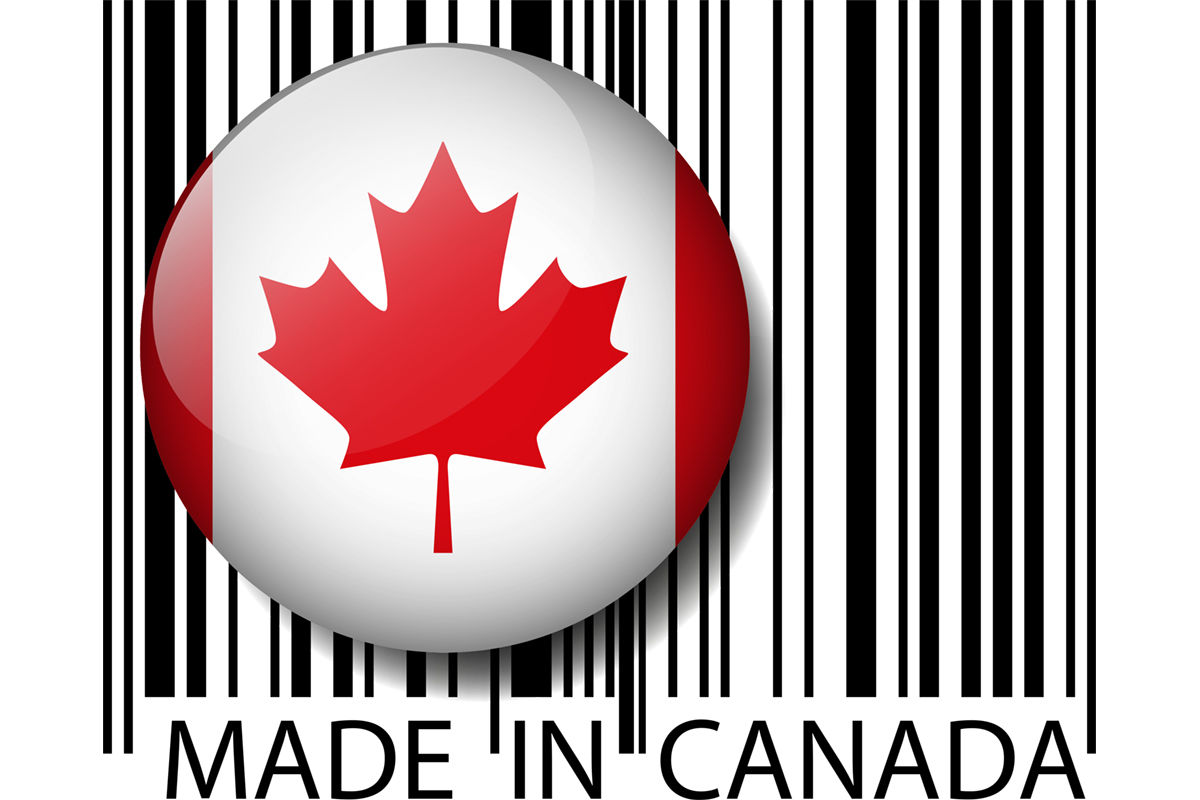Last week, a new food law was rolled out in Canada, known as the Safe Food for Canadians Act (SFCA). The regulations promulgated under the SFCA will be phased in over a period of several years and will replace 14 sets of existing regulations. The new requirements will apply to businesses and individuals importing food, including non-alcoholic beverages into Canada.
The SFCA is intended to prevent foodborne illness and allow for more efficient recalls of unsafe food. According to the Canadian Food Inspection Agency (CFIA), their food safety focus will shift to prevention of foodborne illnesses “by focusing on prevention through more rigorous risk management and increasing the focus on traceability.”
The law establishes new requirements for licensing, preventative controls, and traceability for food imports and foods shipped or sold across territorial and provincial boundaries. So if you export food to Canada, you are now required to obtain a SFCA license regardless if you already possess an existing import license.
In addition, you are also required to create a preventative control plan (PCP). A PCP is a written document that outlines the measures and controls taken to ensure the food you are importing is safe and fit for human consumption and complies with Canadian requirements. The PCP is required in order to receive an import licence. Importers are required to develop and implement a PCP before applying for an import licence and before importing food.
The SFCA licence requirement will be implemented in three phases as outlined below:
- Phase 1 — January 15, 2019: The import of meat, fish, eggs, fresh fruits and vegetables, processed fruits and vegetables, dairy, maple and honey for commercial sale; however, the current licences will continue to be accepted until they expire.
- Phase 2 — January 15, 2020: A SFC licence will be required for imports of meat, fish, eggs, fresh fruits and vegetables, processed fruits and vegetables, dairy, maple and honey for commercial sale, unless otherwise exempted.
- Phase 3 — July 15, 2020: A SFC licence will be required for all commercial food and beverage imports, unless otherwise exempted.
SFCA licences can be obtained from the CFIA. To find out if a licence is needed and how to apply for one, go to the CFIA’s licencing interactive tool. CFIA encourages importers requiring a SFCA licence to submit their applications as soon as possible.
If your export business has questions about compliance with the SFCA, please contact us at Morsel Law.

